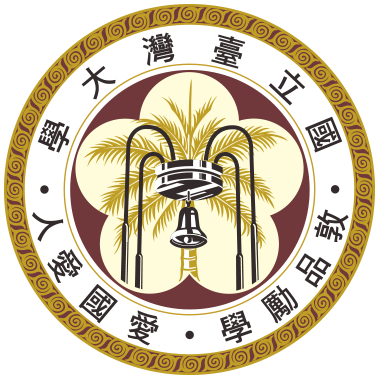Universities in Taiwan are deepening their research links with African universities, especially in the fields of health and medicine, by entering into collaborations with universities in Eastern and Southern Africa and offering doctoral training opportunities for students, among other benefits.
One of them, the National Taiwan University (NTU) is establishing collaborations in medical research with the University of Namibia (UNAM), working on a research project to address the problem of multidrug-resistant tuberculosis (MDR TB) in the Southern African country.
The research project is titled, ‘Enhanced active case finding of drug-resistant tuberculosis in Namibia: A protocol for the hotspots, hospitals, and households’ (H3TB) study, and is being implemented in Namibia with funding from the British Medical Research Council, or MRC, and the European and Developing Countries Clinical Trials Partnership, or EDCTP.
The five-year project is also being supported by Taiwan computer giant Acer Foundation, which is donating 300 laptops.
“The focus of the project is to identify MDR TB early enough in the target communities based on the hypothesis that there are three groups of people who are at high risk of getting the disease: visitors to hospitalised patients, members of patients’ households, and people from certain geographical hotspots where caseloads are large,” said Professor Hsien-Ho Lin, director of the Institute of Epidemiology and Preventive Medicine at NTU and co-investigator of the project.
The NTU’s main role in the project was mathematical modelling of the impact of active case-finding on TB transmission, as well as field assessment of the impact of case-finding on the financial burden borne by the patients, he said.
“Economic analysis of early case-finding requires several rounds of interviews with patients. We decided to use computer tablets for the interviews because they come from different parts of the country, and we are in the process of shipping the 300 tablets generously provided by the Acer Foundation.”
Student training
At the end of the project, UNAM will keep the gadgets but, more importantly, the collaborative project will train at least one Namibian doctoral student and three masters students.
The project’s principal investigator, Professor Mareli Misha Claassens of the University of Namibia, said that, while the university is the implementing partner for the fieldwork in three regions of Namibia, there is technical support from Stellenbosch University in South Africa, NTU and Imperial College London.
While the University of Namibia is driving the project and leading the collection of field data, the National TB and Leprosy Programme in Namibia is also supporting the work.
“We started the project in October 2020, but it was severely delayed by the COVID-19 pandemic. We have completed the first phase of it and have started enrolment on the second phase. Our doctoral student has developed the dynamic transmission model,” said Claassens.
“Namibia is a high-burden TB and TB-HIV country as defined by the World Health Organization. We have a high incidence of TB of around 460/100,000 population. We also work with many collaborators across the world in the field of TB,” she said.
Through the project, some facilities at UNAM have been upgraded, including office infrastructure. Through a different grant mechanism, there has also been an upgrade of laboratory equipment for the sequencing of the mycobacterium tuberculosis complex. In addition, a number of postgraduate students are working on the project, Claassens said.
“My link with Professor Lin goes back to when I was working in South Africa at the Desmond Tutu TB Centre at Stellenbosch University. We, therefore, knew each other from before, having collaborated on student supervision on other projects, and his skills were crucial for the development and implementation of this project,” she said about the origins of the project.
In the past, the NTU has established collaborations with universities in Kenya and Malawi, with its Institute of Epidemiology and Preventive Medicine hosting a Namibian research student on its campus in Taiwan.
Three universities, in Malawi, Kenya and Ethiopia, are also working closely with a group of universities from Taiwan to improve the quality of their health-related programmes, while also focusing on other pressing challenges in Sub-Saharan Africa such as clean water access and climate action.
Taiwanese universities
Also working with Taiwanese universities in various initiatives funded by Taiwan’s Ministry of Education are the University of Livingstonia in Malawi and Kenya’s Kisii University, as well as the University of Namibia.
The collaborations have also involved student and faculty exchanges backed by an alliance that, besides the NTU, includes the National Taiwan University of Science and Technology, the National Taipei University of Nursing and Health Sciences, and the China Medical University.
As a result, Malawi’s Mzuzu University, Ambo University of Ethiopia, and the Technical University of Kenya are offering their students distance and contact training in environmental health and occupational hygiene, biostatistics, epidemiology and preventive medicine, in an initiative funded by the Taiwanese government, and involving local universities led by the NTU.
Source: https://www.universityworldnews.com/post.php?story=2024112609453242


